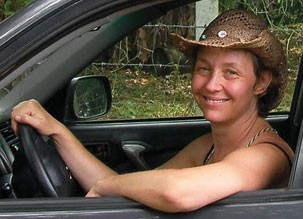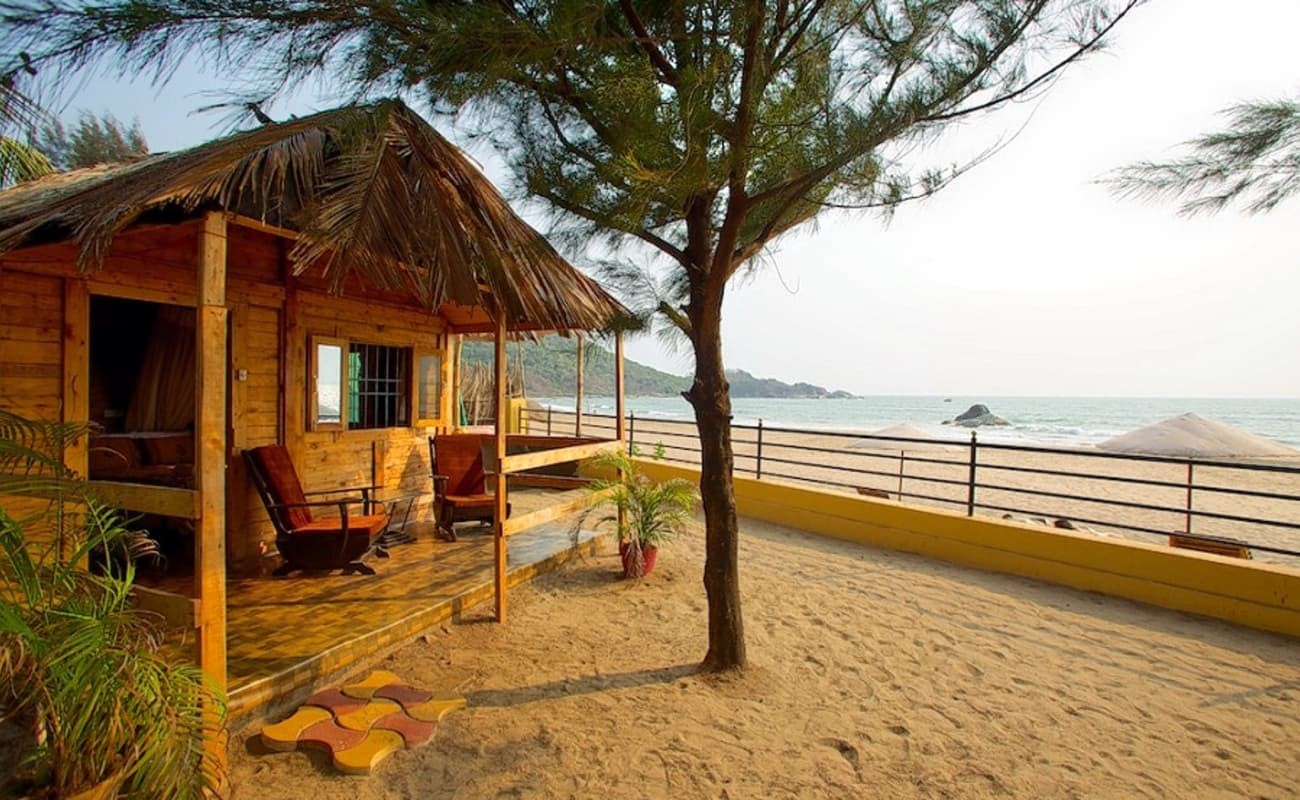
Mon, Apr 30, 2018 4:59 AM
At the turn of the millennium Laila Ram was looking for a new start.
 She had just returned to work as a consultant after having her first child, but “the hours were too long and inflexible”. While booking a trip to South Africa with old university friend Nikki Tinto, she got her idea. The pair wanted to stay in “quirky, small hotels with lots of character”, but online, they could only find established names. “We realised that there was a gap in the market for a niche, online boutique hotels site.” On holiday they found that the hotel owners agreed. “A lot of the smaller, independent hotels didn’t enjoy working with large travel agencies.” Their allocation system meant hotels had to leave rooms free with no guarantee that they would be used or paid for. “For a lot of the smaller players that ’s a big risk.”
She had just returned to work as a consultant after having her first child, but “the hours were too long and inflexible”. While booking a trip to South Africa with old university friend Nikki Tinto, she got her idea. The pair wanted to stay in “quirky, small hotels with lots of character”, but online, they could only find established names. “We realised that there was a gap in the market for a niche, online boutique hotels site.” On holiday they found that the hotel owners agreed. “A lot of the smaller, independent hotels didn’t enjoy working with large travel agencies.” Their allocation system meant hotels had to leave rooms free with no guarantee that they would be used or paid for. “For a lot of the smaller players that ’s a big risk.”
i-escape was started when they returned to London. Their plan was to find suitable hotels and agree a deal whereby i-escape would receive commission for every sale. “We wanted to focus on different hotels and offer something that you just wouldn’t find on a normal travel agency website.” Laila quit her job (“luckily my husband was able to help while we got the business off the ground”), while Nikki helped out at nights and weekends. “We had around £100,000 that we were able to invest.”
They hired a photographer (“an old friend”) to visit the hotels and countries they were planning to feature. After more than a year searching for “quirky” hotels, their partners ranged from a cave hotel in Greece to a beach hut in Goa. But they launched just before 9/11. “It had a big effect on the tourist industry and meant we were starting in the toughest conditions.”
Undeterred, the pair invested in online advertising. “We had a much smaller budget than our bigger rivals, so we decided not to pay for expensive printed advertisements.” Instead, they spent on sponsored internet search results. “There was so little competition. We were paying as little as 2p per word, now it is several hundred times as expensive.” As the business slowly grew, Nikki quit her job and the pair concentrated on adding more hotels and content on the site. By 2004 they were breaking even and the firm was starting to ride an internet wave. “Over the last ten years the internet travel industry has grown so much. We got in early, so we were well placed.”
The pair started taking on new staff and spending more on advertising. “As we built up links with more hotels, we were able to offer more to customers and convert more visits into sales.” Some offered a room for just $10 a night. “The most important thing was that our customers felt they could always find a hotel on our site. That way they would use us again.” They had more than 1,000 hotels on their books and 18 staff when the financial crisis hit. Yet while visitor numbers to the site dropped a tad, sales grew. “The crisis meant a lot of hotels had more vacancies. That was good for us as visitors were more likely to get a room.”
This year i-escape’s sales reached £6m and profits passed £lm with more than 1,500 hotels on the site. Other travel agents should watch out: the pair now plan to expand into child-friendly destinations.





